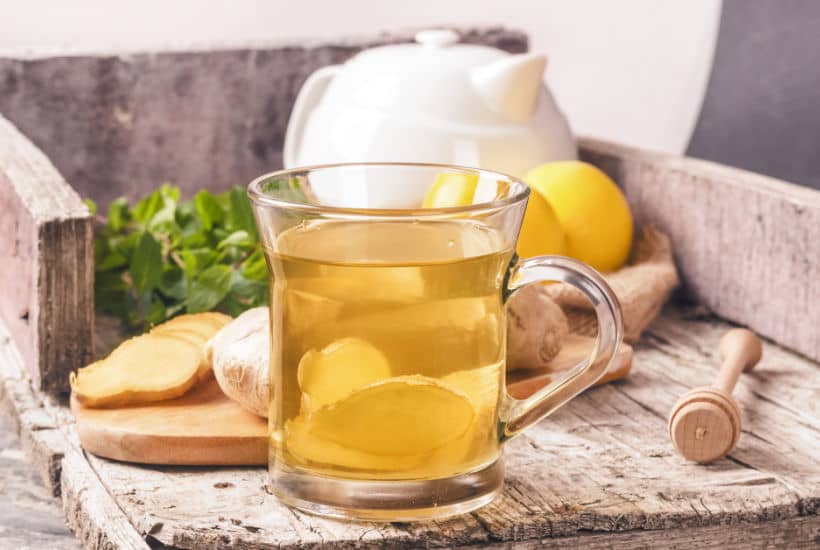Snoring is common in adults and does not necessarily mean that you have a health problem. However, it is a sign that better lifestyle habits are required such as good nutrition and exercise.
Sometimes snoring can be a sign of a disorder called sleep apnea. This means you have periods where breathing stops partially or completely for more than 10 seconds while you sleep.
Remedies to stop snoring:
Don’t Drink
Reduce alcohol consumption, especially before bedtime. Alcohol relaxes the muscles in the throat which in turn makes snoring more likely.
Eat a Light Dinner
Avoid heavy and difficult to digest meals. Indigestion and heartburn interfere with the flow of air which makes breathing noisy. Try some remedies to improve digestion and relieve heartburn.
Sleep on your side
If you sleep on your back the tongue and palate fall behind the throat and block the airway. This causes the person begins to snore. To prevent this from happening, sleep on your side. In the Book of Home Remedies Mayo Clinic, it is recommended to sew a tennis ball to the back of his pajamas so that when the person mouth turns up while sleeping, the ball the uncomfortable and forced to turn aside.
Mint and Eucalyptus
Known for its expectorant powers, both plants open the airways and soothe the throat. An effective mix is to take essential oils, mix equal parts water and spray the headboard of the bed before going to sleep.
Try Onions
A grandmothers remedy that may help. Onions are a natural decongestant and obstruction of the airways is one of the causes of snoring. Cut an onion in half and sprinkle salt on it. Then place it on a plate on your nightstand.
Olive oil
Take 2-3 small sips of olive oil along with warm water before bedtime. Olive oil helps in lubricating the tissues of the nose and throat and in turn help keep the trachea open.
Maintain Ideal Weight
Even being a bit overweight can cause snoring. Obesity is one of the main reasons why a person snores. This tip can not only help you stop snoring but also to improve the quality of life in general.
Information on MadWash.com is for education purposes only and is not intended to replace the advice of a professionally trained doctor nor substitute conventional medical service. If you have a severe medical condition or health concern, talk to a physician.





